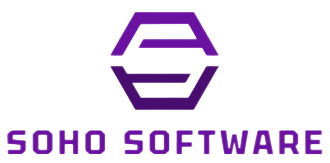Common Misconceptions About BIM Modelling Courses Debunked
The architectural, engineering, and construction (AEC) sectors now all depend critically on building information modeling (BIM). Still, despite their increasing relevance, there are some false ideas regarding Bim modeling courses.…
